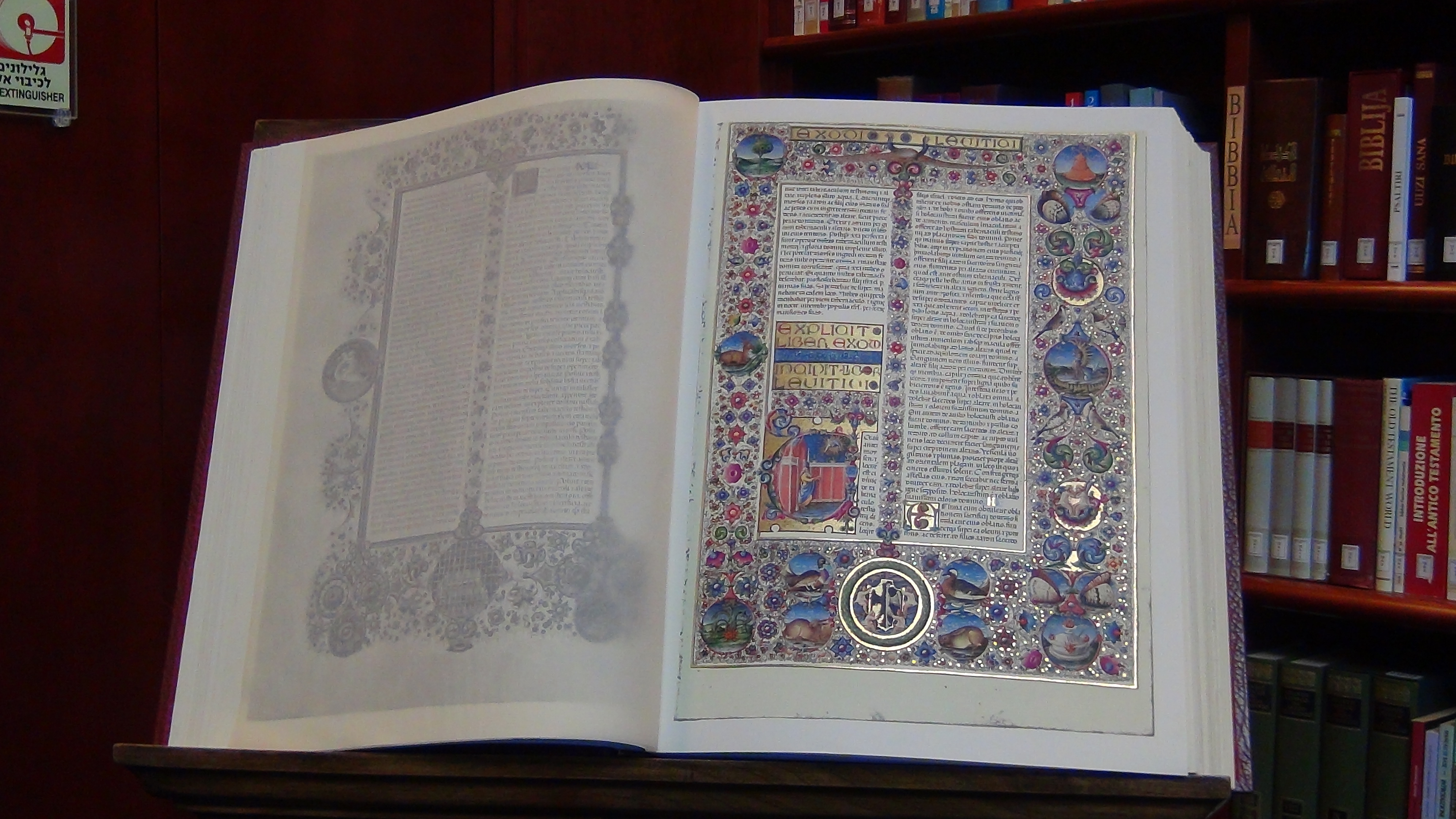Dt. 6: 2-6; Ps. 18:2-4, 47,51; Heb. 7:23-28; Mk. 12:28b-34
“I love you” are three of the most spoken words we hear in any relationship and three of the hardest to live up to. The Lord is calling us to love him with all your heart…soul…mind…and with all your strength” and “your neighbor as yourself”. The Father then sends his son as the perfect embodiment of this love “when he offered himself.” Praise the Lord our God who is slow to anger, patient in love, and enduring in mercy waiting for us to grow in that perfect love.
To love the Lord starts with fulfilling his statutes and commandments and is made perfect in offering ourselves up to do his will. To love a spouse is to fulfill your marriage vows at all times. To love your children is to bring them up in the love of the Lord that they may inherit the promises of eternal life. Love is active. An act of love opens the heart to all the emotions that reflect the giving of self but love is not the emotion.
Love is guided by Godly principles, spiritual virtues, and wise morals and ethics. Love is truth. Truth is true to the law of God who keeps his promises. Love is goodness. Goodness speaks to the good of the other and the goodness of all of God’s creation. Love is unity. Unity recognizes the one body of God we belong to where sin entered into the world through the union of one couple and redemption through the sacrifice of one for all in Jesus Christ. Jesus says, “he is always able to save those who approach God through him.” Love is sacrifice. Sacrificial love is godly love to die to oneself as Jesus died for us.
We find the word “love” endless times in scriptures but how often do we find the words “I love you” in scripture? In the Old Testament it appears 12 times. Judges asks “how can you say “I love you when your heart is not with me?” Samuel asks “Don’t I love you more than any…”. Psalm 116 “I love you, Lord!” Psalm 123 “The way I love you is like…”. Proverbs 7:4 “Say to Wisdom, I love you…”. Song of Solomon “My darling, I love you” and “My sister, I love you!” Isaiah 43:1 “That’s how much I love you” and “Because you are precious…I love you”. Jeremiah “But Lord, you know me, you see…how I love you” and “Don’t I love you best of all?” Three questions, one description, one command, four times in reference to a person, once to a virtue, once pleading with the Lord, and only once directly to the Lord. In other words, love is more about what we are doing that what we are saying.
In the New Testament the words “I love you” appear 12 times. Eight of those are from St. Paul to the different communities in his letters. Three times it is from Peter in response to Jesus when asked “Do you love me?” Jesus then directs Peter to put his love into action. Once from the 2nd Letter of John “I love you because of the truth”. As many different books in the bible, love is mostly about love in action or failing to act. Love is about being a witness to Christ not by what we say but by what we do.
How often do we say “I love you, Lord”. It is probably more common to say, “I love THE Lord” that to say it directly to him. Love is active participation both in prayer and in doing his will. The Lord desires intimacy with us in a personal relationship and intimacy can be intimidating. When we come in prayer to the Lord we enter into intimacy with him. The Mass is our prayer to the Lord in which we actively participate to deepen our relationship with him, otherwise we are on the sidelines more as witnesses than participants symbolically making “burnt offerings and sacrifices” but our hearts are far from the Lord.
Doing the will of the Lord is active participation in salvation. Some people say, “I can’t serve at the altar because I don’t feel worthy”. To be in love with the Lord is to desire to serve him not out of worthiness but because he is there in the altar, in poor who come to the foodbank, in the children who come to catechism, in the sick and homebound who need to be visited by Christ who dwells in the Christian. We actively love him by being in union with him and through him with our neighbors.
The Lord is calling us to deepen our love with him. All that we are and all that we have is from the Lord. Love is what widens the narrow gate to heaven. Love takes everything out of us and then it returns stronger than before as a blessing from God.




Recent Comments